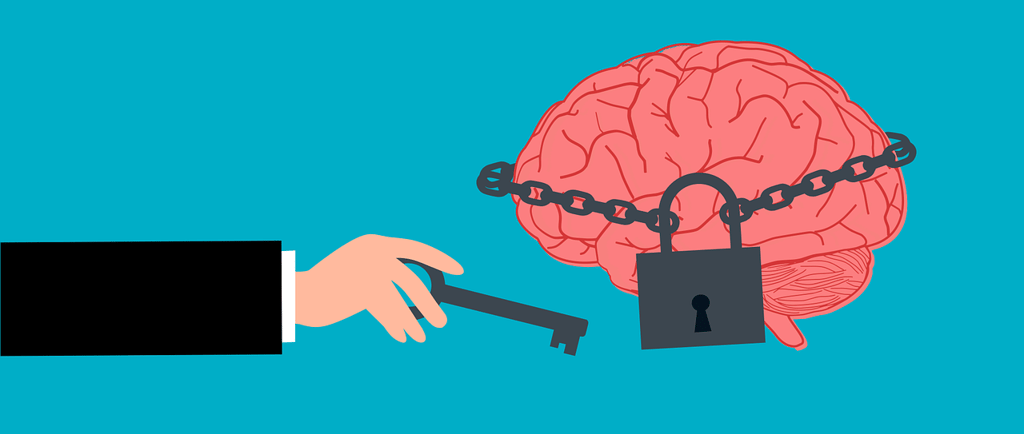What Happens When the Brain Forgets Itself?
7/23/20252 min read


The human brain is a marvel, capable of storing a lifetime of memories, skills, and emotions. But what occurs when this intricate organ begins to unravel, when the very system designed to remember starts forgetting itself? Alzheimer’s disease is the answer a cruel condition where the mind turns against its own existence, piece by piece. It begins quietly, almost imperceptibly. A missed appointment here, a forgotten name there. At first, it could be dismissed as normal aging, but soon, the changes become undeniable. The disease doesn’t just erase memories; it dismantles the self, stripping away the ability to recognize loved ones, to perform routine tasks, even to recall the most basic facts of one’s own life.
At the heart of this destruction are two key culprits: beta-amyloid plaques and tau tangles. These abnormal protein deposits clump together in the brain, disrupting communication between neurons and eventually killing them. Imagine a city where roads are slowly blocked by debris first, traffic slows, then halts entirely. That’s what happens in the brain as Alzheimer’s progresses. The hippocampus, the brain’s memory center, shrinks. The cerebral cortex, responsible for thought and decision-making, withers. Over time, the brain physically diminishes, taking with it the essence of who a person once was.
The experience of Alzheimer’s is different for everyone, but the trajectory is tragically similar. In the early stages, a person might struggle to find the right word or repeat questions without realizing it. Mundane tasks like managing finances or following a recipe become confusing. As the disease advances, confusion deepens. Familiar faces become strangers. Long-held memories childhood experiences, cherished milestones fade like old photographs left in the sun. In the final stages, even the most basic functions swallowing, controlling movement are lost. The body remains, but the person inside seems to disappear.
Yet Alzheimer’s doesn’t just affect the individual it reshapes entire families. Spouses become caregivers, children become parents to their parents. The emotional toll is immense. Watching someone you love slip away while their body remains is a unique kind of grief. Caregivers often describe feeling like they’re mourning someone who’s still alive. The financial and physical burdens are equally crushing, with many families struggling to afford care or manage the relentless demands of the disease.
Science is still unraveling why some brains succumb to this fate while others don’t. Age is the biggest risk factor, but genetics, lifestyle, and even environmental influences play roles. Researchers are racing to develop treatments that could slow or stop the damage, but for now, there’s no cure. The best weapons we have are early detection, symptom management, and perhaps most importantly compassion.
In the end, Alzheimer’s forces us to confront profound questions about identity, memory, and what makes us who we are. When the brain forgets itself, what remains? For families facing this disease, the answer often lies in love the moments of connection that persist even when memories don’t, the hands held tight when names are forgotten, the stories retold even if they won’t be remembered. The mind may fade, but the heart, it seems, clings to what matters most.
Discover all the information you need in one place.
© 2024. All rights reserved @ PictorialNuggets.com


